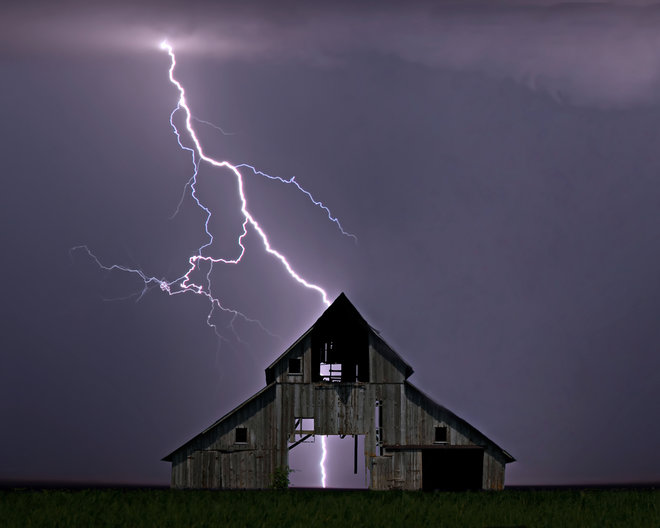I am sorry that this two part article got broken up. You might go back and refresh yourself with the first part again.
This level of “oddity” is so “common” that it inspired Tom Clancy to say that “the difference between fiction and reality is that fiction has to make sense.”
 Mark Twain is given credit for “…Fiction is obliged to stick to possibilities. Truth isn’t.”
Mark Twain is given credit for “…Fiction is obliged to stick to possibilities. Truth isn’t.”
Recent events of flooding in South-East Texas have led to dozens of “unbelievable” accounts of people being rescued. Unlikely though they may be, people are alive because of them.
But would the historians of the future think them merely myths, legends, or miracles – an ignorant people trying to explain something they didn’t really understand?
At church we went through a sermon series for a few weeks of looking at some of the “extraordinary” lives in the Bible… the likes of Paul, Mary, Zacchaeus, David, and others… and at the same realizing that their lives are extraordinary… Just like ours.
I think many people imagine that the accounts of people’s lives in the Bible for example, or biographies of other great men and women, are radically different from their own… but exactly what makes their lives believable are the ways they seem “out of the ordinary.”
And yet, they happened.
Is it likely that a client told me that that God has woken her up in the night for her to pray for the baby we were pregnant with – having never met my wife – even though we weren’t pregnant?
Or rather, didn’t know that we were?
That seems like a miracle.
They meet astonishing people. They are caught up in events that define their times and history. Unlikely things happen all around them. Sometimes when we look back on our own lives, these things seem unbelievable, but they happened.
Is it believable that some orphan, Esther, spends a night with Xerxes? That some kidnapped Hebrew kid, Daniel, meets Nebuchadnezzar and Darius? That David faces a Philistine warrior giant and kills him?
It doesn’t seem so, does it? And yet, everyday “normal” people interacted with Napoleon Bonaparte, Florence Nightingale, Abraham Lincoln, Shaka Zulu, etc.
Normal people become everyday soldiers and periodically everyday soldiers become extraordinary heroes.
But all extraordinary heroes are also normal everyday people, too.
The fact that biblical characters have strangely, unlikely, even miraculous unexplainable events is part of what makes them believable!
What seems to unite our lives are the “unbelievable” things that happen. The vast majority of people, when I have asked them, say that they have experienced “miracles”.
So, Ehrman says that since historians can only accept as accurate what was “most likely” to have happened and by (his) definition, miracles are “the least likely things to happen,” and therefore cannot be accepted as historically accurate.
But in this is a serious problem. So, all of the radically unlikely things that have happened to me, and you could not be part of history? Historians of the future cannot accept those as historically accurate?
In that case, they will miss the truth, because we were present for these events… for these extraordinary, unlikely events.
But they happened. I assume things like them happened to the people of the past,

too. So, it is exactly the accounts of them experiencing miracles that make their life accounts believable – not less believable.
The unwillingness to accept what is unlikely to have happened makes it impossible to accept what does & did happen. This understanding of history makes history a science utterly incapable of accurately describing the unlikely events that are universal to human experience and apparently always have been!
To dismiss the miraculous is to miss out on an accurate understanding of the human experience… and maybe what makes it the human experience.
When anyone asks me if I believe in miracles I tell them all I have to do is look in the mirror. Ask any medical professional of any kind what the chances are of living through the experience of cutting through your femoral artery and four other veins at the same time. Through an accident this happened to me. I have told this story to every medical person I have met and that has been dozens. According to them I should be dead. Period. So yes I believe in miracles. And I believe in God. The day the accident happened pretty much removed the possibility of any doubt for me.
Isn’t it odd to think that a hundred years from now, a historian might assume that story was legend or myth merely because it sure doesn’t seem likely to happen. People just don’t survive that kind of thing.